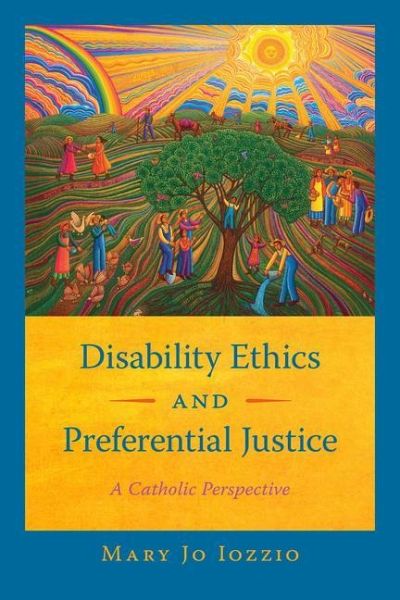
Disability Ethics and Preferential Justice
A Catholic Perspective

PAYBACK Punkte
17 °P sammeln!
"Disability is a global reality which we do not acknowledge. As a result, too few people without immediate experience of persons with disability remain unconcerned with this largest and most diverse minority of people across the globe (at least 15 percent of the world's population). Moreover, the likelihood of able-bodied/able-minded persons joining this minority increases over the lifespan, with for example, Alzheimer's, arthritis, depression, diabetes, heart disease, multiple sclerosis, Parkinson's, and other conditions being very common around the world. No geographic location is immune fro...
"Disability is a global reality which we do not acknowledge. As a result, too few people without immediate experience of persons with disability remain unconcerned with this largest and most diverse minority of people across the globe (at least 15 percent of the world's population). Moreover, the likelihood of able-bodied/able-minded persons joining this minority increases over the lifespan, with for example, Alzheimer's, arthritis, depression, diabetes, heart disease, multiple sclerosis, Parkinson's, and other conditions being very common around the world. No geographic location is immune from this prevalence, though poverty increases and exacerbates vulnerability to being born with or acquiring a disability in one's lifetime. Disability Ethics and Preferential Justice is one response to a dearth of theo-ethical reflection on disability, arguing that justice requires a preferential safeguard for persons and communities of people with disability. The book makes this argument by presenting a Trinitarian theological anthropology on the imago Dei and applying the liberation lens of Catholic Social Teaching with a preferential justice for those who are poor and otherwise marginalized, oppressed, or silenced on account of their disability"--













